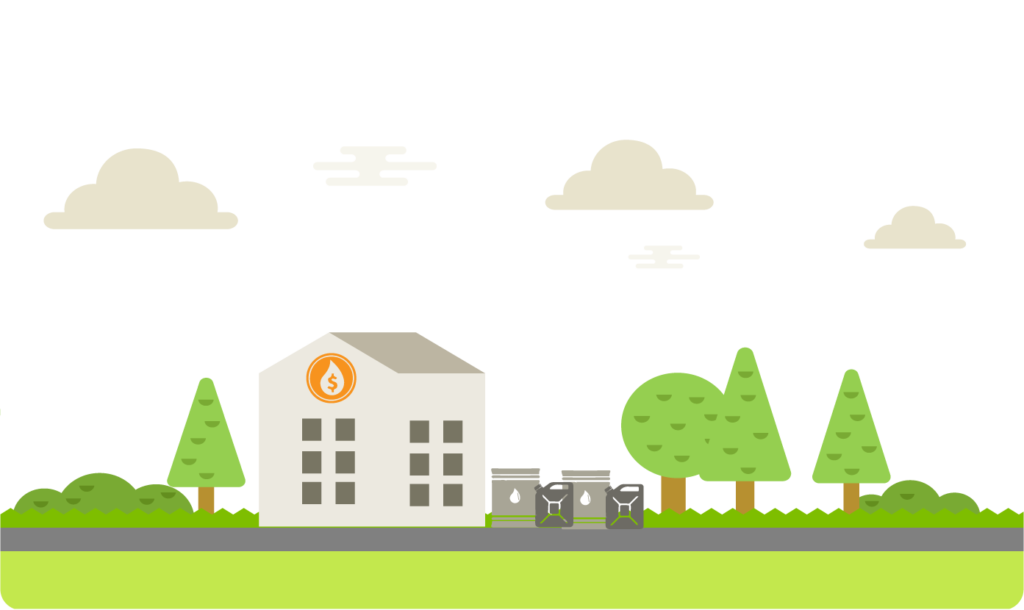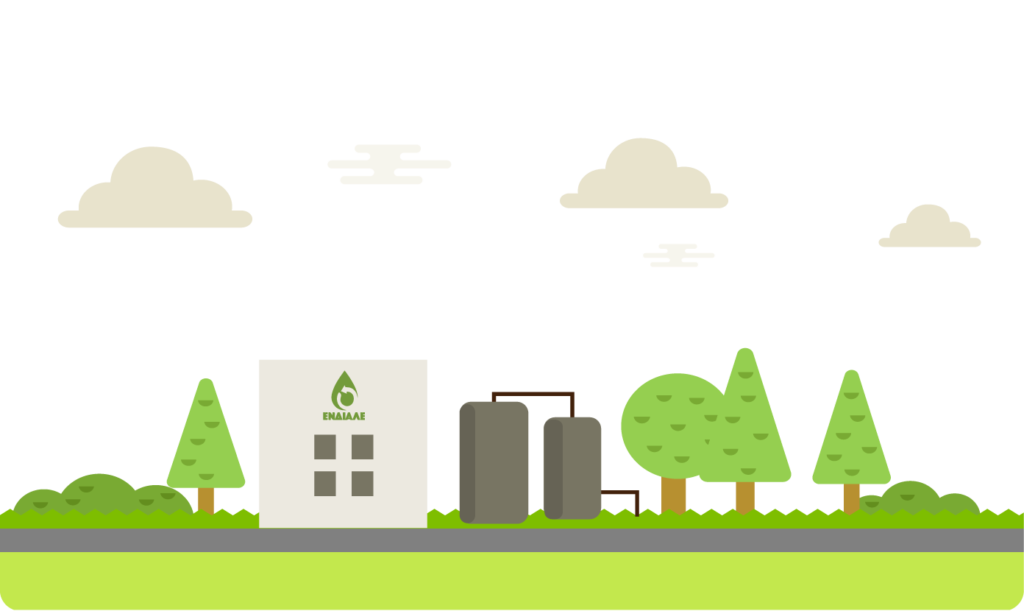The term “circular economy” is defined as a new production and consumption model in which, through processing and re-use, materials obtain a new life circle creating new value opportunity.
In any case, Circular Economy, in fact refers to the transition from a vertical model of “Production – Consumption – Discard” to a circular model of “Collection – Regeneration – Re-use”, where products can be re-used after processing.
This possibility, prolongs the lifetime of products and leads in minimization of natural resources use. In this framework, healthy and efficient waste management systems, are the basic elements of a circular economy.
Besides, climate crisis intensifies the application of methods with priority in environment protection and as a result saving raw material and energy become a constant procedure. In addition, in financial level, circular economy has become a major development factor with numerous financial and social benefits.
Substantially, circular economy is the key to a viable course of our economy and to the achievement of world viable development goals.
For this purpose, in 2015 the European Commission revealed their circular economy strategy, aiming at boosting European economy and competition.
In fact, in order to renovate the waste management systems in the E.U, a revised waste legislative framework was put in action, in July 2018. This framework includes, among others, new ambitious recycling rates, clarification of recycled material legislation and boost of prevention measures and waste management.
In any case, according to the European Commission, the transition to a circular economy, demands the active participation of the civilians in the change of consumption standards. “Product Environmental Footprint” and “Organizations Environmental Footprint” methods that were developed by the Commission, give companies the possibility to express more reliable and comparable environmental issues, and consumers to make conscious choices.
In addition, according to the E.U, participation of the interested authorities has vital meaning in the transition. Systemic approach of the action plan, gave the public, economic and social authorities as well as the society, a framework for the reproduction which aims to the promotion of company relationships among different fields and through the value chains. So, circular economy has become an irreversible world trend.
Today, after systemic and responsible effort of 15 and more years, in Greece we have made a great step of change. In the field of lubricating oils, we have succeeded to move from the old linear perception “Production – Consumption – Discard” to a new circular model era which is based on “Collection – Regeneration – Re-use”.
So, during its operation, ENDIALE S.A. has:
Covered its collection and regeneration goals, while relieving environment from 435.000 tons (of dangerous and toxic waste).
The collection results of ENDIALE S.A., given that 100% of the collected waste lubricating oils quantities is led in regeneration, are the epitome of a circular economy because:
From the re-refinement procedure of 435.000 tons of W.L.O., 320.000 tons of base lubricating oils are produced which means:
- Raw materials saving, because for the production of corresponding quantity of base lubricating oils is demanded 32 million tons of crude oil (Gruge Oil).
- Energy saving, because the production of 1 liter of primary lubricating oil demands 8 times more energy than the re-refinement procedure.
It is important to mention that the environmental footprint of the production of base lubricating oils through the re-refinement related to the primary production of base lubricating oils, as it is shown in the tables below, relieves the environment from huge quantities of greenhouse effect gases, sulfur compounds, etc.









